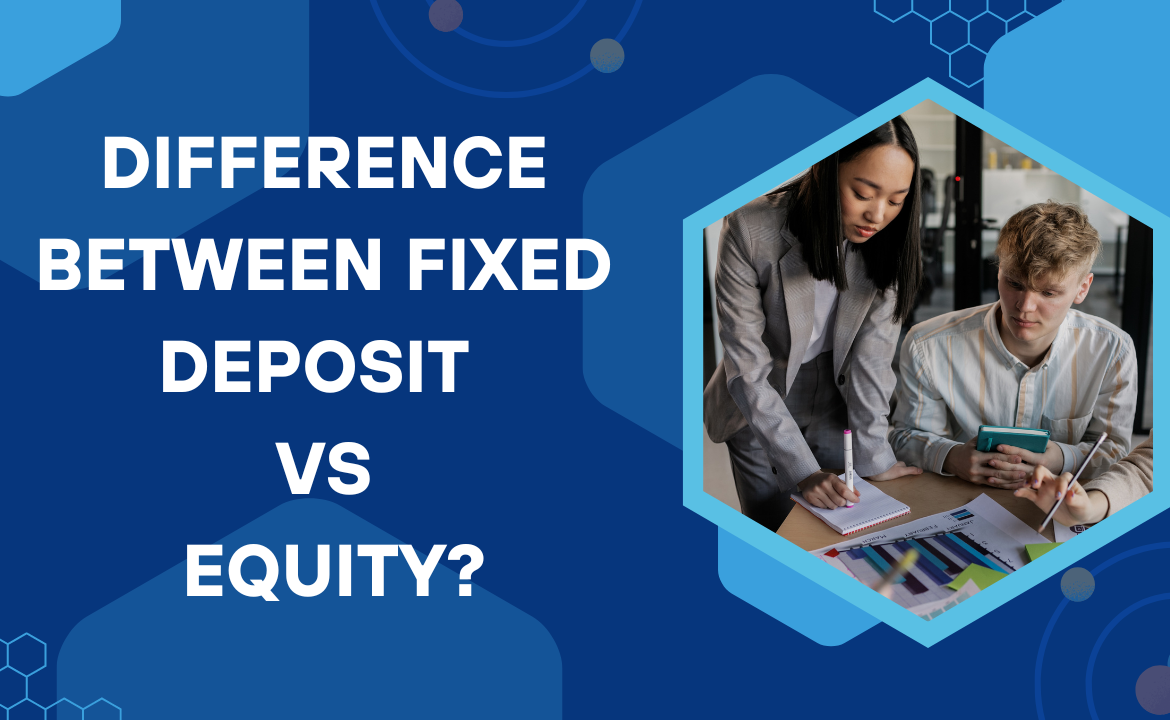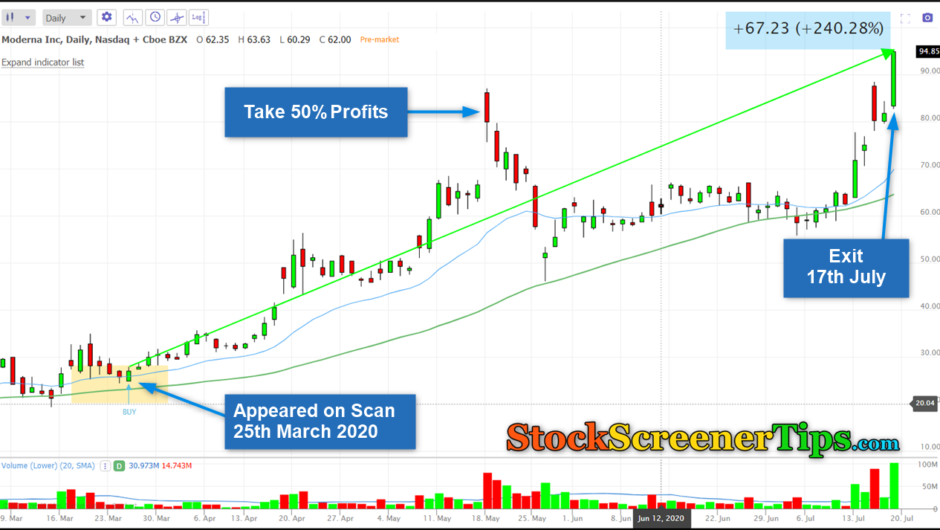Fixed deposits (FDs) and equities represent two distinct investment options with differing risk and return profiles. A fixed deposit is a low-risk, secure investment where an investor deposits money in a bank or financial institution for a fixed period, earning a predetermined interest rate. On the other hand, equities involve buying shares of a company, offering potential for higher returns but carrying greater risk due to market fluctuations. FDs suit conservative investors seeking stability, while equities appeal to those with a higher risk tolerance and long-term growth goals. Both serve different investment strategies depending on financial objectives.

Understanding Fixed deposits (FDs)
Fixed deposits (FDs) are a favored investment for those prioritizing stability and guaranteed returns. By investing in an FD, you deposit a lump sum with a bank or financial institution for a predetermined period, which can range from a few months to several years. In exchange, you earn a fixed interest rate, typically higher than what is offered by standard savings accounts. During the deposit term, the principal amount remains untouched, ensuring both safety and predictability. Upon maturity, you receive the initial deposit plus the accrued interest. FDs are well-suited for conservative investors who emphasize capital preservation and consistent income. They provide a low-risk investment option with reliable returns, making them ideal for financial planning and short-term objectives.
What are Equities?
Equities, commonly known as stocks, represent ownership stakes in a company and offer the potential for substantial returns through capital appreciation and dividends. Investing in equities means purchasing shares of a company, thereby becoming a partial owner. Unlike fixed deposits, equities involve higher risk due to market volatility, which can lead to fluctuations in share prices based on company performance and broader economic factors. While equities can deliver significant gains, they also come with the possibility of losses. They are best suited for investors who can tolerate higher risk and have a long-term investment outlook, as equities provide opportunities for growth and income through dividends. Successful equity investing requires diligent research and resilience to market fluctuations. For those seeking higher returns and capable of managing associated risks, equities can be a highly rewarding investment option.
Comparison of Fixed Deposits and Equities
| Aspect | Fixed Deposits | Equities |
|---|---|---|
| Risk | Low risk; principal is secure | High risk; subject to market fluctuations |
| Returns | Fixed, predictable interest rates | Potential for high returns through price appreciation and dividends |
| Investment Horizon | Short to medium term (months to years) | Long term (years) |
| Liquidity | Moderate; early withdrawal may incur penalties | High; shares can be bought or sold anytime |
| Income | Interest income | Dividend income and capital gains |
| Suitability | Ideal for conservative investors seeking stability | Suitable for risk-tolerant investors seeking growth |
Fixed deposits provide a stable and low-risk investment with guaranteed returns, making them suitable for short to medium-term financial goals. Equities, while offering the potential for higher returns through capital gains and dividends, involve greater risk and are best suited for long-term investors who can navigate market volatility.
Advantages and Disadvantages of Fixed Deposits
| Advantages | Disadvantages |
|---|---|
| Low Risk: Principal amount is secure, making it a safe investment. | Lower Returns: Typically offers lower returns compared to equities. |
| Guaranteed Returns: Provides fixed, predictable interest rates. | Limited Liquidity: Early withdrawals may incur penalties. |
| Capital Preservation: Suitable for conservative investors. | Inflation Risk: Fixed returns may not keep pace with inflation. |
| Predictable Income: Ensures consistent interest income. |

Hello, I am Tanisha Kriplani, graduated in computer science from Delhi University. I am passionate about web content writing and have a strong interest in Data Analytics and Data Engineering.












